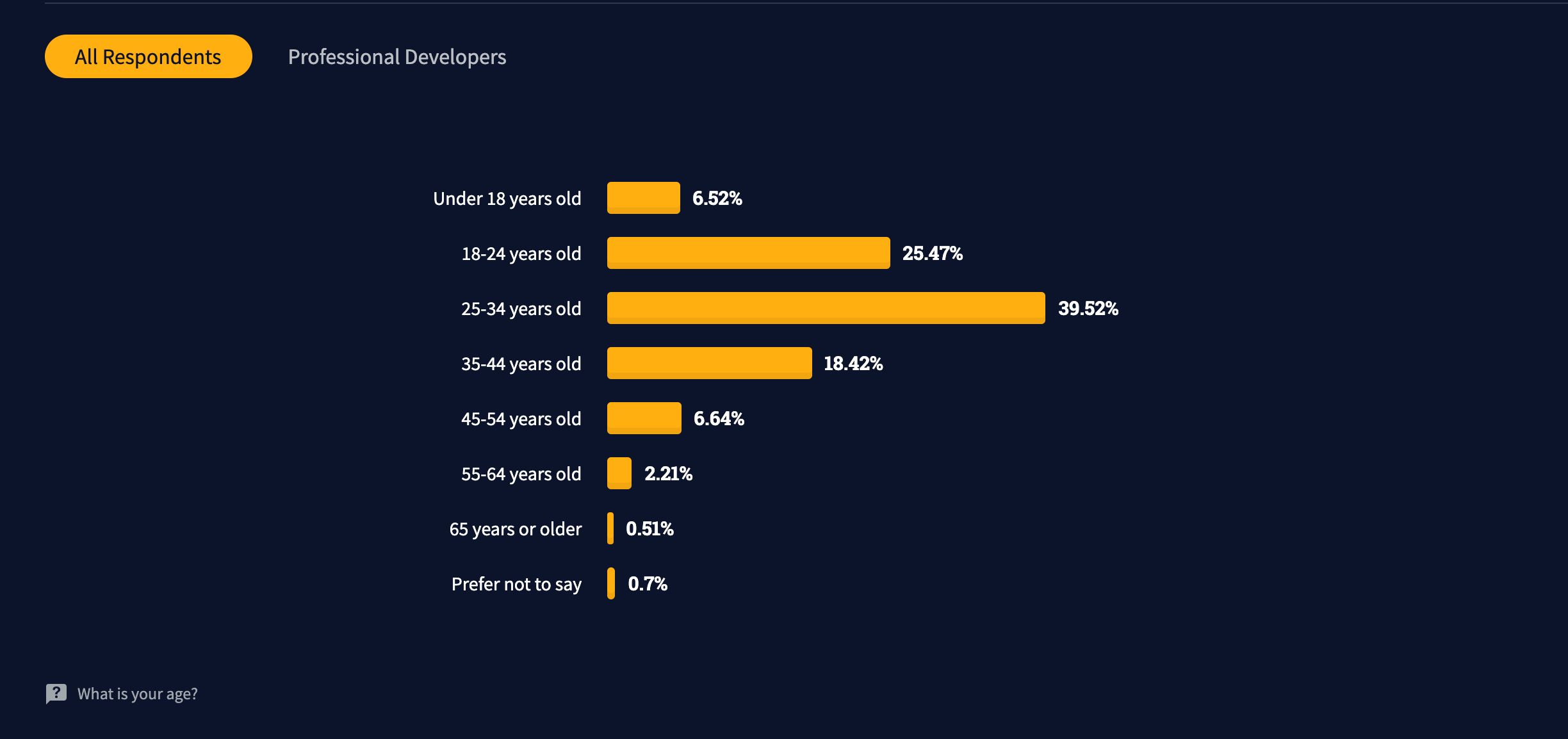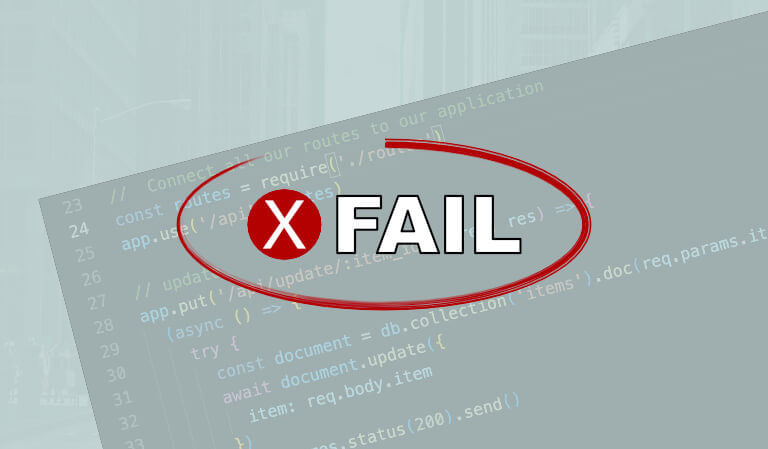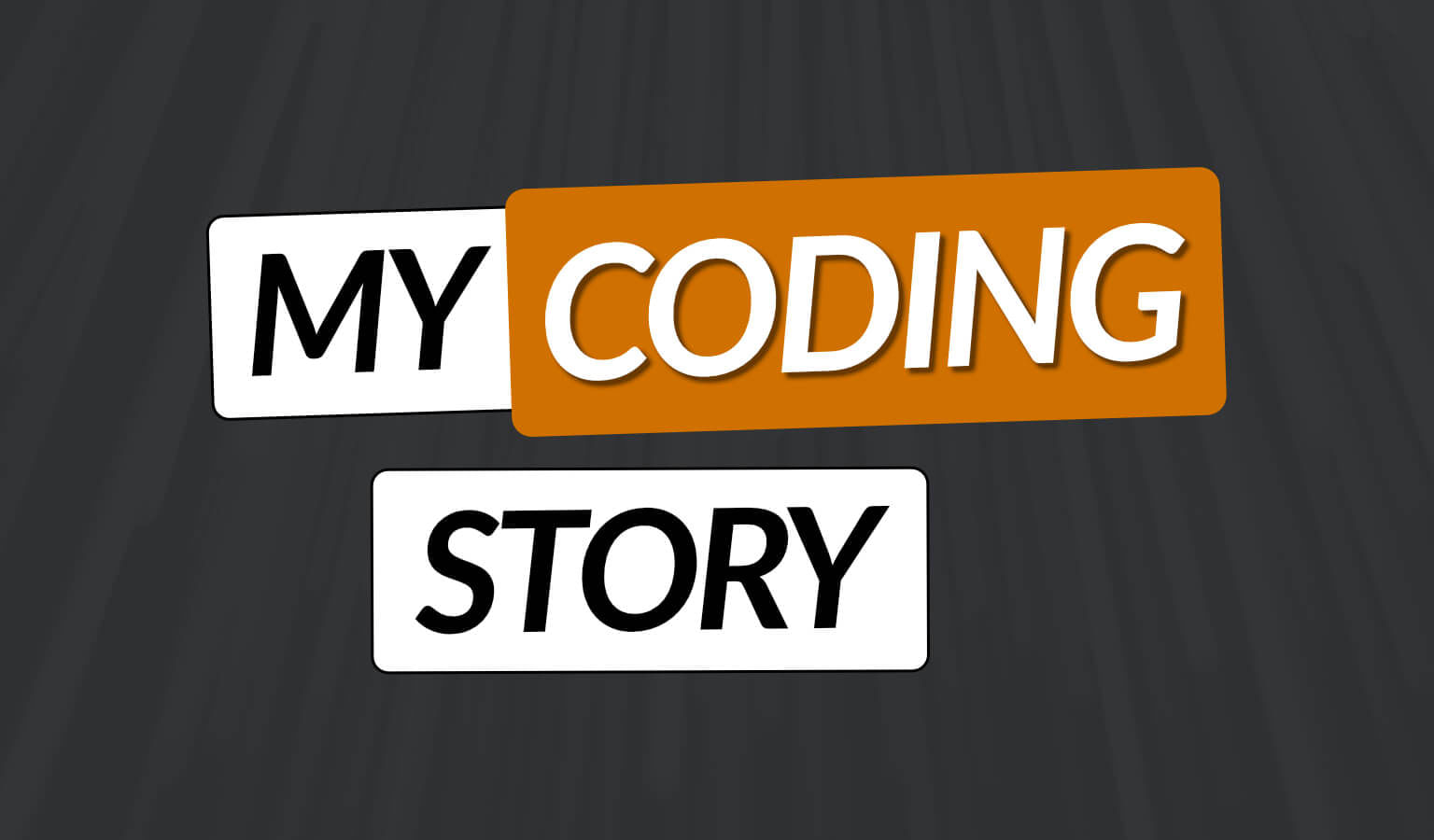The results are in:

Why the dropoff? Have these people stopped coding?
What will happen when you reach that age? Will you be part of the 6% that continue?
This is an important question and the earlier in your career you consider it, the better.
Unfortunately, I have about 5 years to figure it out 😁.
Ageism?
There's a lot of debate out there about ageism and I have my own opinions (though I'll save it for another post).But I believe that aging in the tech industry has more to do with interests and seasons than it does ability.
And what I mean by that is the 40-year-old developer has a harder time “leaning in” late into the evening with the 20-somethings because he/she has kids, family, and more “life commitments.”
They are in a much different season than the 22-year-old who has to “run home real quick to let out Sally the Shih Tzu.”
This is why many older developers happily move into senior positions and management roles.
And this is what I mean by “stop coding.” Of course, they don’t stop coding completely or ditch that skill, but they oversee those who do it full time and advise on bigger issues than just code itself.
And perhaps this is the reason for the dropoff and the natural age to do so.
Where do they go?
As mentioned above, they move above the code. They oversee those who are doing the coding. They've had their day and now it's time to rise above that and take part in the bigger picture.But there are other alternatives for older developers as well aside from just management.
Here are 5 off the top of my head:
1. Consulting
This will probably be the route I take and one that may provide the most freedom and bang for the buck.If you’re thinking of taking this route as well, then spend time becoming an expert on something. Perhaps its being an AWS, Azure, or Kubernetes architect, or an expert in automated pipelines for developers, a penetration tester, or a very specific service like AWS Amplify or Hashicorp Vault.
2. Product Management
According to Hubspot a product manager "is a professional who helps manage the research, design, testing, and go-to-market strategy of a product, software, or service. Product managers liaise with their company’s engineering, user design, marketing, and sales teams to successfully take a product from development to launch."It’s the bigger picture. It not only includes developers, but sales, research, customer input and design. It’s those extra skills you acquire over the years that younger developers don’t have. It’s not building the product, but overseeing the success of it.
3. Sales
Maybe your interest has changed from building apps to telling everyone about them. You love the products and want to see the world adopt it.4. Project Management
You understand developers. Why not become the one to manage the projects and assure that they progress?You still solve problems, just different onces. You discover tasks that need to be done, see them accounted for, and try and predict it’s timeline. You delegate instead of do.
5. Developer Relations
Developer Relations can mean different things to different people but essentially it's building relationships with the developer community. It's helping connect your product or mission with communities of developers.And there can be subsets like Developer Evangelist, Advocate, Experience, or Marketing.
And there seems to be a lot of wiggle room here in terms of finding your passion within it.
Conclusion
So what age should you stop coding professionally (no one is interested in stopping as a hobby right 🤓)?According to Stack Overflow, it starts trending downwards after 34.
But at the end of the day, you can continue coding as long as you want and as long as companies find you valuable. I didn’t start until I was 34 and I believe I’m in my prime now at 40. But where do I stand in 5 years? 10 years?
As I mentioned above, I think interests and seasons can contribute to the dropoff you see after 45. Management, consulting, dev relations, or any of the other above options are a consideration.
Whatever you choose, it’s your call. But keep it in mind as you make your way forward in your career.
Discussion
What age do you think developers should stop coding? How do you plan to shift your career? Let's discuss below.This page may contain affiliate links. Please see my affiliate disclaimer for more info.



